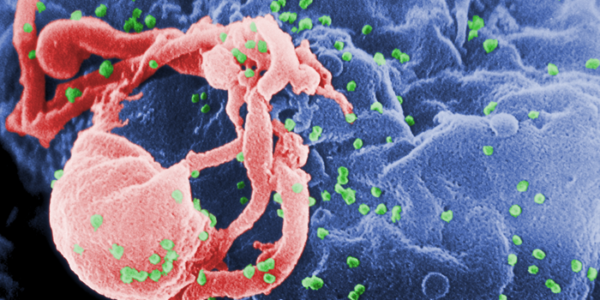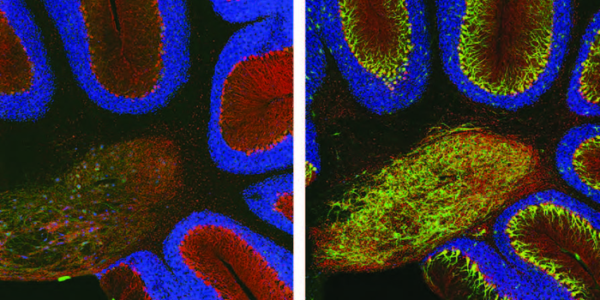Groundbreaking long-acting monoclonal antibody, a collaborative effort between AstraZeneca (AZ) and Sanofi
On July 17, the U.S. Food and Drug Administration granted approval for nirsevimab, marketed under the name Beyfortus, as a groundbreaking (monoclonal antibody) preventive measure against Respiratory Syncytial Virus (RSV) lower respiratory tract disease (LRTD) in newborns and infants during…
Blood test can now diagnose Glut1 deficiency syndrome
Glut1 deficiency syndrome is a rare and disabling neurological disease still relatively unknown to the medical community. A mutation in the SLC2A1 gene in affected patients causes the glucose transporter GLUT1 to malfunction. Since this transporter is responsible for the…
Can CRISPR -CAS identify cancer genes multiple personalities?
Mutations in our genes can lead to severe problems, like colon or liver cancer. But cancer is very complex. Mutations in the same genes can lead to different subtypes of tumors in different people. Currently, scientists don’t have a good…
Digital twins explain a path to Personalized Inflammatory Disease Treatment
Inflammatory disease is when the immune system attacks the body’s own cells or tissues which results in causing inflammation. Rheumatoid arthritis, Crohn’s disease, and ulcerative colitis are some examples of inflammatory diseases having very complex disease-causing mechanisms and which can…
Pfizer and GSK Head on Fight for First FDA-Approved RSV Vaccine
The two leading companies in vaccine production are almost at the finish line for the world’s first adult RSV vaccine. The FDA’s approval decision is expected in May 2023. Pfizer announced that the FDA’s Vaccines and Related Biological Products Advisory…
Xylazine Drug Turning Humans into Zombies in US
A new drug named Xylazine or Tranq has caused a major havoc in different cities across US by severe symptoms like skin rotting a.k.a zombie like effect. This ‘zombie drug’ has been approved by the country’s Food and Drug Administration…
How Artificial Intelligence will change biology
Artificial intelligence (AI) is already beginning to have a significant impact on the field of biology, and it is poised to change the field in a number of ways. Analysis of large datasets One major area where AI is having…
HIV infection leaves a ‘memory’ in cells
Though antiretroviral therapy has made HIV a manageable disease, people living with HIV often suffer from chronic inflammation. This can put them at an increased risk of developing comorbidities such as cardiovascular disease and neurocognitive dysfunction, impacting the longevity and…
A key brain protein plays role in childhood movement disorder
Scientists at the UNC School of Medicine and UNC Eshelman School of Pharmacy, in collaboration with a team from Queen Mary University of London, have illuminated the molecular events underlying an inherited movement and neurodegenerative disorder known as ARSACS – Autosomal recessive…
Fixed vial sizes for controversial Alzheimer’s drug could waste $605 million in Medicare spending each year
Medicare could waste up to $605 million per year on the controversial Alzheimer’s drug aducanumab if it is eventually approved for widespread use because it is supplied in vials containing fixed doses that may not be appropriate for all patients–resulting…



























